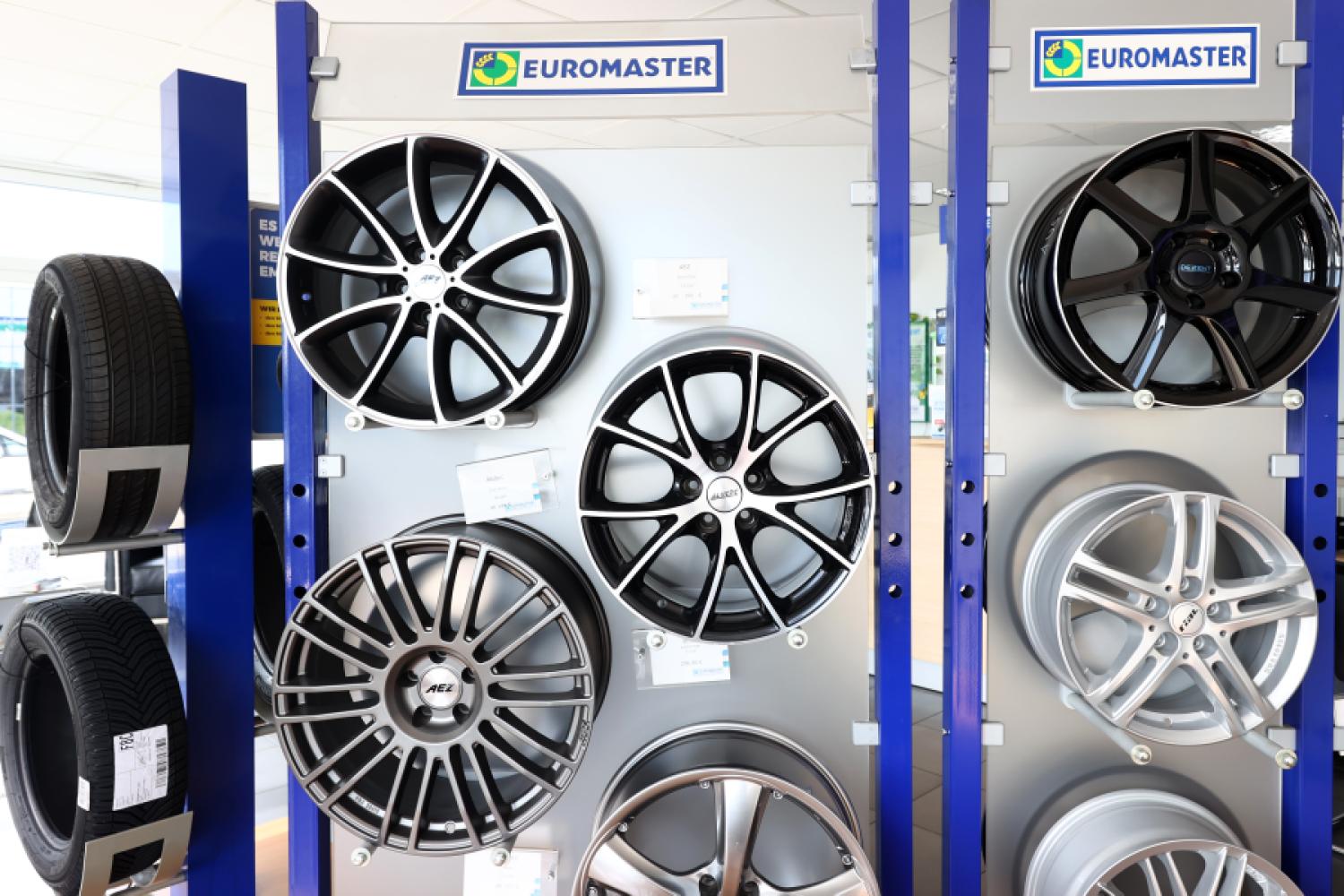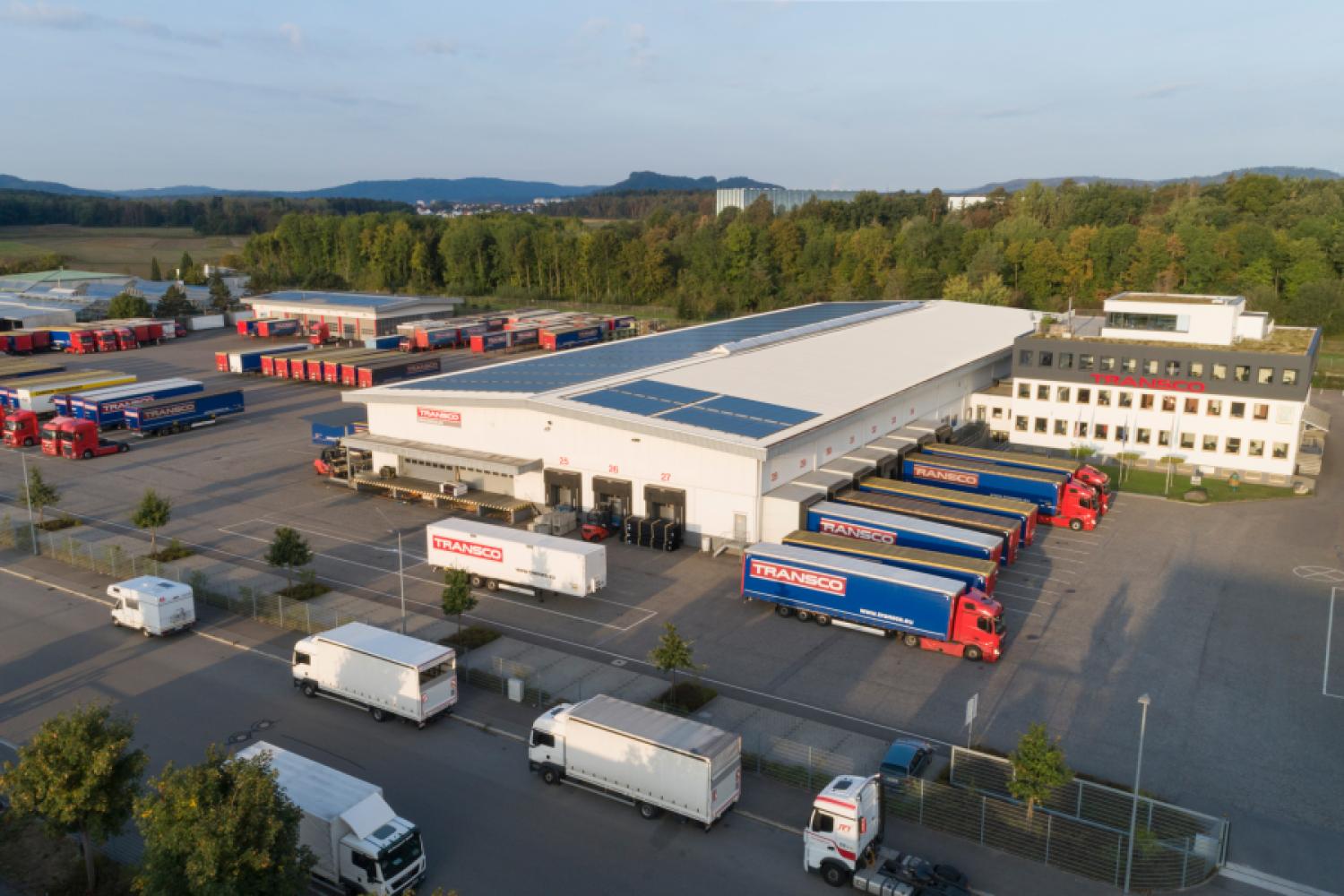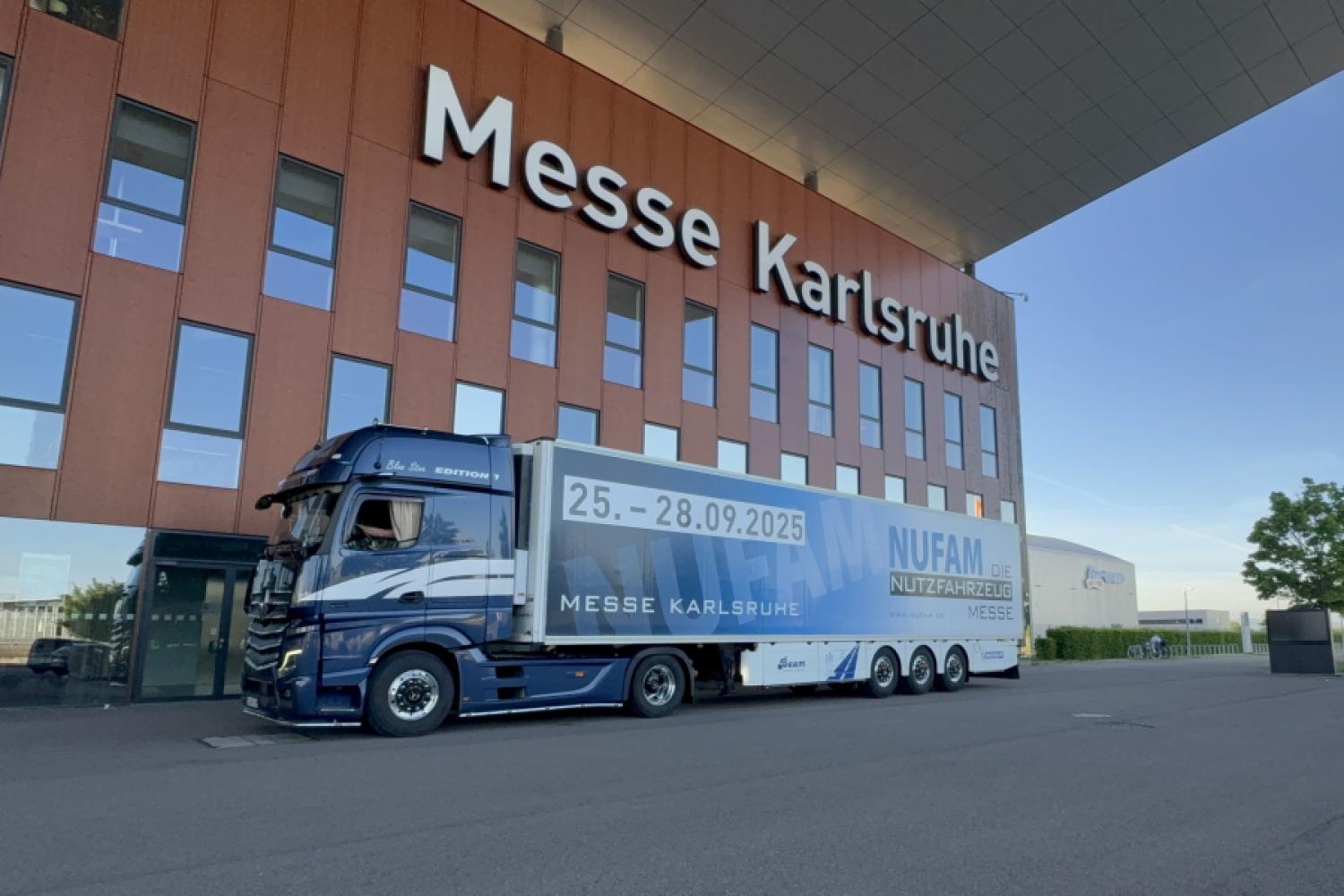The reluctance of consumers to make purchases affects not only the retail sector - the logistics industry also feels the consequences. While branches are losing customers, online trade is growing. International platforms like Temu and Shein, which are shaking up the market with aggressive prices and fast direct delivery from Asia, are benefiting the most.
For logisticians in Germany, this means: preparing for
more packages, shorter cycles, and greater uncertainty in supply chains!
Traditional trade logistics are reaching their limits here. Just-in-time functions only if demand is calculable. But when consumers increasingly order online spontaneously and are price-sensitive, processes shift to being reactive. At the same time, low margins in the entry-level pricing segment place high demands on efficiency and speed.
The industry thus faces a
double challenge: it must make its systems more flexible and digital - while remaining capable of handling fluctuating volumes on short notice. Those who offer suitable solutions here will become more sought-after partners in retail in the future.
Fortunately, logistics are also evolving. Modern automation systems can handle even small batch sizes profitably. They are thus an effective means against high logistics costs
and a shortage of skilled workers, which further exacerbates the problem.
But many challenges can also be tackled with artificial intelligence. With the help of AI in logistics IT and a large and high-quality data base, reliable inventory and demand forecasts are increasingly succeeding even in volatile times.
One just has to face reality and its challenges. Suitable solutions for this are available.






